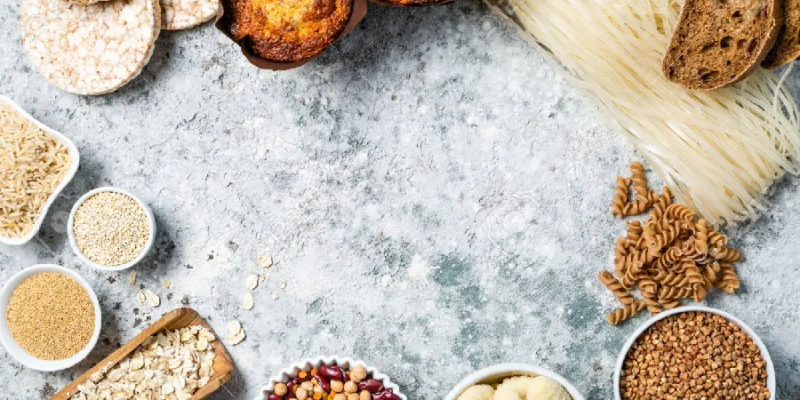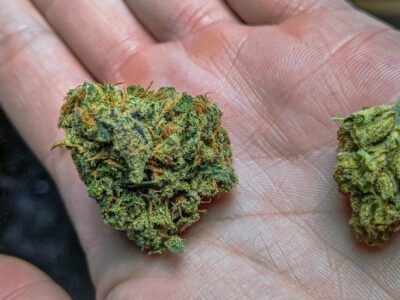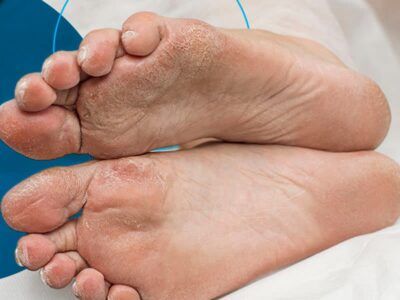However, not all of them are beneficial, especially for some people. For example, gluten is a product that, for some people, is harmful (intolerant, allergic, or sensitive to gluten).
What is gluten?
Gluten is a protein. However, it is a product that is not recommended for many people. The reason has to do with its origin. It is the residue obtained after washing some cereal, such as wheat. It can also be found in rye, barley, and others. It is also known as prolamin.
The main benefit that gluten has is for the plant itself. It is an ally for the moment in which the seed germinates. But health does not influence too much.
How does gluten affect our health?
Although this protein does not represent any risk for many people, the reality is that it does not provide many benefits either to the diet or to health. However, it can give proline and glutamine, so it should continue to be consumed unless a health specialist indicates otherwise. Yes, in average amounts.
It can negatively affect some people’s health because the particles it contains could be considered harmful. That makes the bodywork that much harder to get rid of them.
How can people not consume gluten?
There is a specific group of people who should not consume gluten. This is due to the negative effect it can have on them, for example, abdominal pain or extreme fatigue. It might even make some of the conditions they already have worse. Those who suffer from one of the following diseases cannot consume it:
- Celiac Disease
- Non-celiac gluten sensitivity
- Allergy
You should avoid it entirely because it could speed up the effects of illnesses or even cause others. For example, excess gluten is associated with malnutrition, headaches, malaise, and even severe bone problems.
What foods contain gluten?
If you have to eliminate gluten from your diet, knowing which foods contain it is essential. It will be easier to remove them from the daily diet. We will mention them below.
- Cereals. We find several: wheat, oats, barley, rye and spelt.
- Milk derivatives. Some products made with milk do have them, as is the case with malt. Yogurts and sausages need to check the ingredients notified on the label because some have it and others do not.
- Sweets. Both manufactured candy and sugar itself contain gluten.
- Sauces. Prepared sauces contain gluten.
- Processed beverages. We find beers and any other drink that contains brewer’s yeast. Some with chocolate also have it.
What can I substitute these foods with?
Not all foods contain gluten. However, if gluten has to be eliminated from the diet, plenty of options are still available. So let’s see what they are.
- Cereals. We find corn, rice, buckwheat, quinoa, cassava, and potato among gluten-free grains.
- Fruits. All fruits are gluten-free.
- Vegetables. In their natural state, any of them can be consumed. Its gluten content is zero.
- Milk and cheese. Whole milk itself, as well as cheeses, are gluten-free. They can be consumed without any problem.
- Meat or fish. All meat not processed by companies is gluten-free.
- Honey. Honey is the only recommended.
- The spices. In their pure state, they can be added to the diet.
- Natural drinks. Coffee, tea, natural fruit juice, and wines can be added to the diet.
It is important to note that if any of these foods have any additives, they are very likely to have gluten.
That would be the case of, for example, a fish that, when preparing it, flour is added.
Frequent questions
Given that it is a component found in many foods, and some people do not know whether or not they suffer from an associated disease, specific questions arise.
In addition to the corresponding medical examination, there are other ways to know if you are intolerant to gluten. If all these symptoms appear together when eating: stomach pain, diarrhea, fatigue, vomiting, or nausea.
Are foods that claim to be gluten-free reliable?
Although before the existence or not of gluten in manufactured products was not taken much into account, now it is being done. This is why we see many articles with that description. We can trust them due to the safety and health measures that these companies must comply with as described on the label.
If you want to maintain a gluten-free diet without any risk, it is recommended to use natural foods.
Does giving up gluten make you lose weight?
A person could lose weight whether they eat gluten or not because many gluten-free products are high in fat and sugar. Similarly, some products containing gluten are low in calories.













Comments